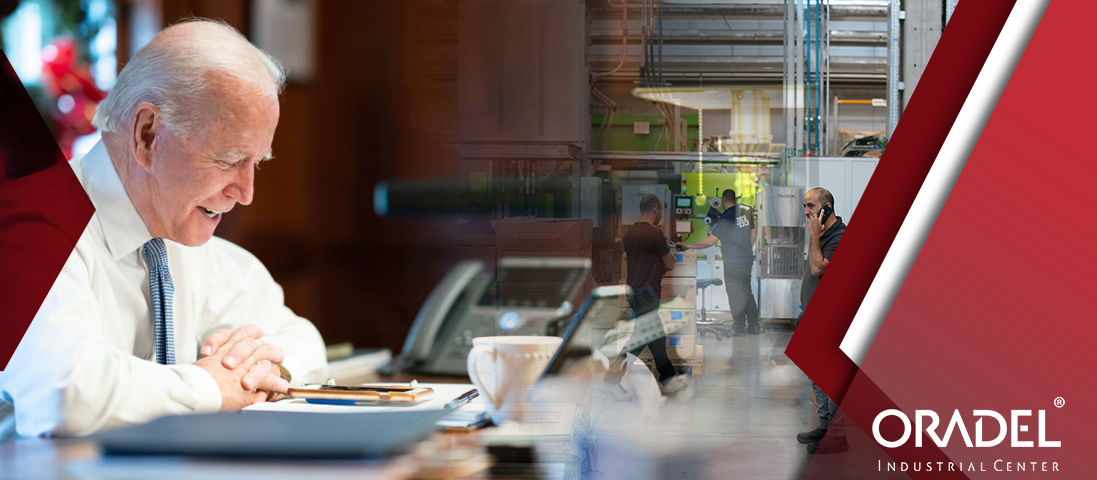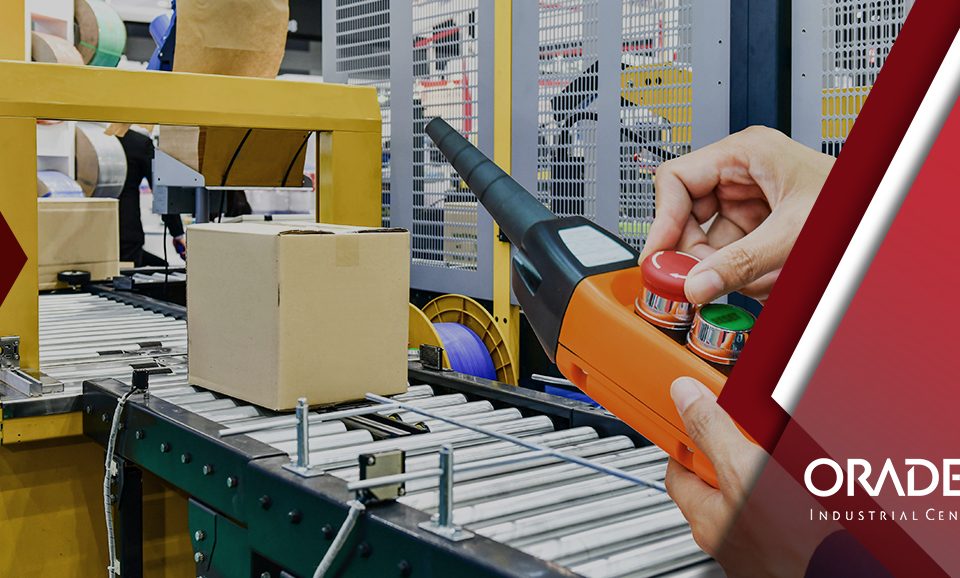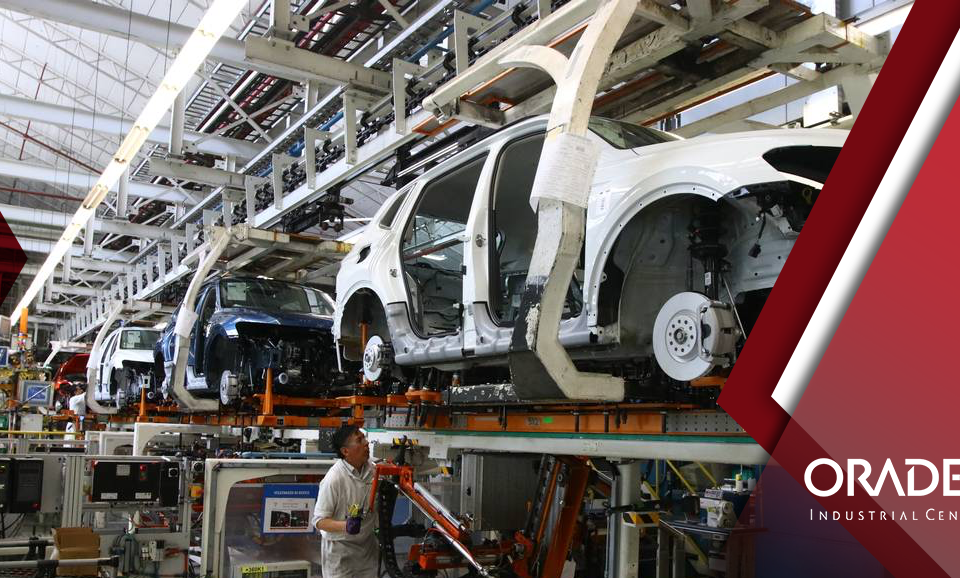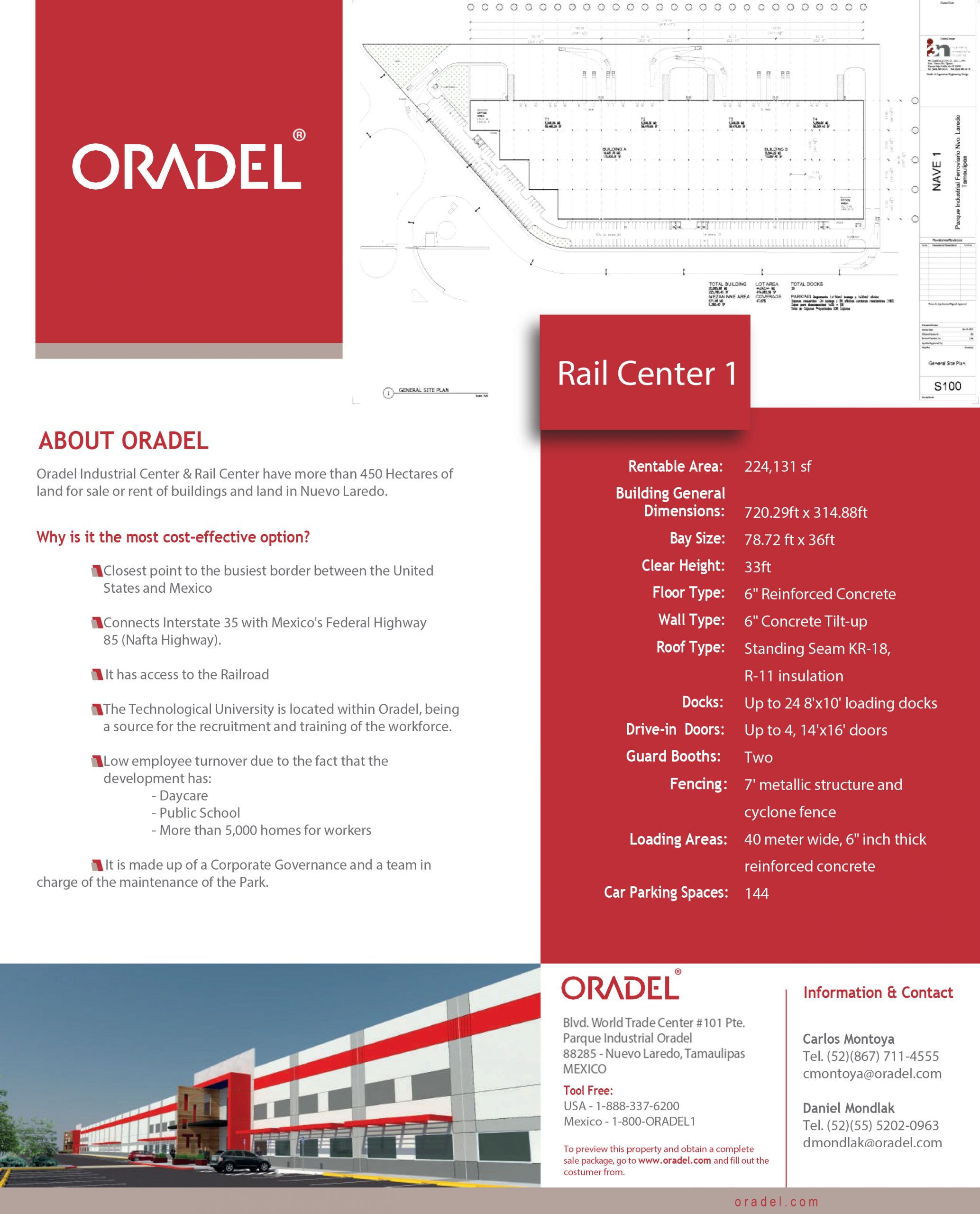Biden’s plans create optimism for Mexico’s economy

The Automotive Sector to Grow by 24% in 2021
3 February, 2021
Mexico ranks ninth place in the installation of industrial robots
5 April, 2021
Biden’s plans create optimism for Mexico’s economy
Mexican manufacturing, value chains and exports are expected to benefit from Joe Biden’s policy.
Joe Biden undoubtedly came into office with hopes of better plans to aid businesses and families that will positively impact both U.S. and Mexican economies.
Before taking office on January 20, Biden presented a fiscal stimulus package of 1.9 billion dollars for families to Congress, the extension of extraordinary unemployment benefits, the distribution of COVID-19 vaccines and resources for governments.
He also foresaw an investment program for energy and infrastructure for an estimated amount of USD 2.4 trillion, and a further USD 900 billion for the transportation sector, including the repair of roads and bridges, and the modernization of public transportation.
Additionally, his program called “Made in America” plans to direct $700 billion for the U.S. manufacturing sector to increase the development of 5G technology, biotechnology, artificial intelligence and inputs, such as steel and medical supplies.
Likewise, and as part of his goal to ensure that the recovery of the U.S. economy is accompanied by a clear shift to clean energy, Biden will allocate USD 490 billion to this sector.
Considering his initiatives, there is special sort of enthusiasm surrounding the U.S. President’s plans as Mexico’s economy is expected to benefit from such plans. This is because the increased purchasing power of the U.S. population and the increase in its manufacturing production will favor exports, manufacturing and remittances to Mexico.
According to Gabriel Casillas, President of the National Economic Studies Committee of the Mexican Institute of Finance Executives (IMEF), the impact of the fiscal stimulus issued by Trump has already been seen in the automotive industry. People have started to buy cars, resulting in production levels in this sector already reaching levels recorded before the COVID-19 pandemic.
The Mexican Automotive Industry Association (AMIA) projects 12% growth in new car production and exports, which will be easy to achieve thanks to U.S. demand and the improved state of the U.S. economy.
Gabriel Casillas pointed out that Mexico’s economy shall also benefit from an increase in remittances, as Mexican nationals will have more work and will send more money back home.
Due to how closely linked the Mexican-U.S. value chains are, as well as Mexico’s important trade role in the U.S. domestic and industrial market, Biden’s plans for the short, medium and long term will have an effect on the Mexican economy.
According to the U.S. Government’s Bureau of Transportation Statistics, road transport will also receive a boost thanks to the new U.S. President’s decisions as some 72.4% of the total value of goods transported between the two nations used road transport services.
The IMEF estimated that the Mexican economy fell by 9.0% in 2020, with an expected recovery of 3.5% in 2021, so Biden’s plan for economic reactivation is one of the factors that will contribute to this recovery.
Oradel Industrial Center is located in Nuevo Laredo, Tamaulipas only 10 miles from the Mexico Texas border. It offers inventory or build-to-suit industrial buildings to international companies seeking to establish their operations in Mexico. The industrial park has all the infrastructure (water, sewer, gas, electricity, etc.) and services(fiber optics, rail, telecommunications, etc.)





